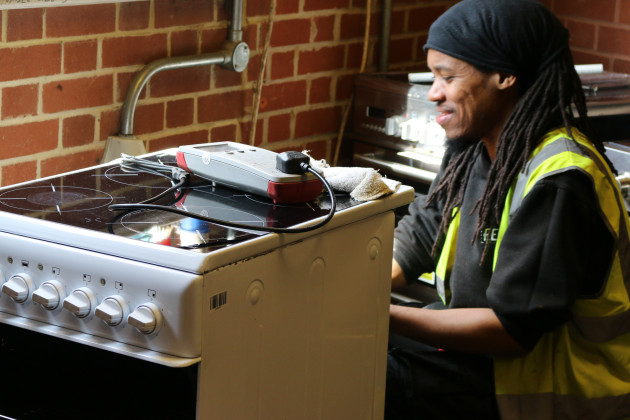
Whilst textiles going into people's bins only represent 4% of Scotland's household waste it represents 32% of the carbon impact. Plans to introduce carbon pricing on waste disposal from 2028 mean that there will be a financial penalty for local authorities sending significant volumes of textiles to incineration. Hence, there is a growing focus on measures to stop people from placing textiles in their household bins.
There is evidence from Europe that kerbside collections can dramatically reduce the volume of textiles going into general waste. However, the risk is that kerbside collections might reduce reuse volumes by providing an alternative to donating used clothing to charities.
We are concerned that the current proposals do not focus on boosting the reuse of clothing, nor do they look at opportunities to encourage clothing donations to charity shops. The likelihood is that the majority of clothing collected as part of local authority waste recycling collections will be lost to reuse as items will become wet and contaminated through the collection process. There is also no proposed mechanism to ensure collected textiles are transferred to reuse organisations for resale in the UK or indeed any transparency requirements about where the textiles end up.
The other challenge with the proposals is that the textile collection sector is in deep crisis and so there is no guarantee that local authorities will be able to find a recycling partner who will accept the textiles they collect given that many of the collected items will be contaminated or wet due to being left outside for collection and then being collected alongside other recyclables.
We will respond to the consultation, setting out the importance of working with the charity retail sector to boost clothing donations and reuse rather than requiring local councils to spend significant funds setting up a competing collection infrastructure.


